Why you should visit The Gambia and what are the amenities for tourists
Table of contents
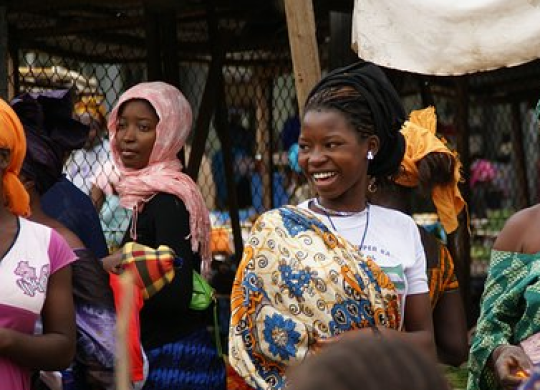
The Republic of The Gambia is the smallest country in West Africa, completely surrounded by Senegal, except for the point where the Gambia River flows into the Atlantic Ocean. Nevertheless, the insignificant size of the territories is compensated by the sights. With long sandy beaches, bustling architecturally stunning cities, and a wealth of wildlife, this is one of the most amazing West African countries. Moreover, the Gambians are kind and hospitable, which gives the region a reputation as a "smiling coast".
Tourists are attracted by winter sunshine at a good price, rich history, and an exciting mix of cultures. If you run away from the sun loungers, you will discover a different side of the country rich in ecotourism, wildlife, and bird-watching opportunities.
How to get there
The main international airport of the Gambia, located in the capital Banjul, does not receive flights from many countries. However, you can get there from Europe with the help of Monarch Airlines and Brussels Airlines from Brussels and London for a whole year.
Tourist visa
Tourist visa requirements depend on the traveler's nationality and expected length of stay in the country. Citizens of 104 countries are visa-free and only need a valid passport to enter.
Passport holders from 17 countries can travel without a visa, but they need to obtain permission from the Gambian Immigration Service before leaving.
Visa on arrival is only available for four countries. Tourists can apply for a visa upon arrival in the country.
Citizens of other countries must apply for a visa at the embassy to visit the country.
Movement within the country
The only available public transport between towns and villages, other than private taxis, are minibusses and vans known as Gelli-gellis. They wait until the starting point is full, and then travel on fixed routes. This mode of transport is prohibited from entering some areas of the Coastal Tourist Region or as far as Cape Point. This type of transport has fixed tariffs.
Private taxis: There are two types, neither of which are metered. Tourist taxis are painted green and licensed by the Gambia Tourism Authority to operate in resort areas. Tourist taxis have fixed rates from bulletin boards to destinations. City taxis are yellow with green stripes and fares are negotiated in advance. Both types can travel anywhere in the country.
Car rental: There are several local and international car rental providers in Banjul. Most often, you can rent a car with a driver for a daily price, especially for long trips. You can also rent a car without a driver, which can be more difficult due to road conditions.
Rules: Drive on the right and overtake on the left, but drivers often stick to the part of the road that is in the best condition. There are almost no street lights, so take care after dark. Speed limits are 70 km/h (43 mph) on major highways, 25 km/h (16 mph) in residential areas.
The license is granted by local authorities for up to three months upon presentation of a valid national license. Most companies require the tenant to be 25 years of age.
Where to go, what to see
The Gambia offers a wide range of activities: sports and relaxation, adventure and extreme, history and culture. We have prepared for you a small but interesting list of places that will make your vacation unforgettable.
- Wildlife Watching: The Gambia has over 500 bird species living in six protected areas. Gambia River National Parks, Nyumi, Makasuto, Kiang West and Tanbi. Abuko, Bijilo and Baobolong Nature Reserves. Each of these locations will showcase rainforest jungles, coastal lagoons, and diverse fauna such as birds, monkeys, crocodiles, and whales.
- Immerse yourself in culture: If you want to experience Gambian culture, first head to the historic settlement of Alberda, known as the "trading post" / "slave fort". Nevertheless, the slave trade museum in the village of Jaffur will introduce you to the topic of slavery. Not far from Alberd is the fortified island of Kunta Kinte. The island, formerly known as James, is an exceptional testament to various aspects of the Afro-European encounter.
- Beach holidays: Pristine beaches of the Atlantic coast, annual cruises with scenic routes, surfing, and fishing - will allow you to relax body and soul.
Recommended articles
4 min
Travels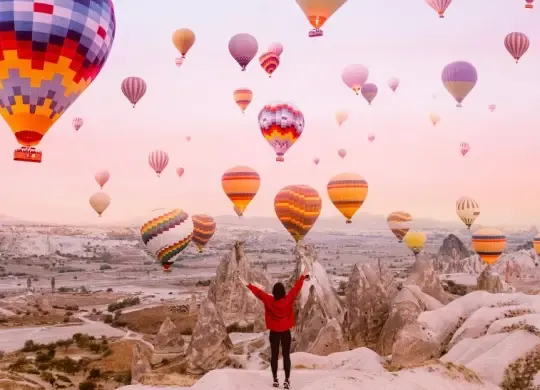
2 min
Travels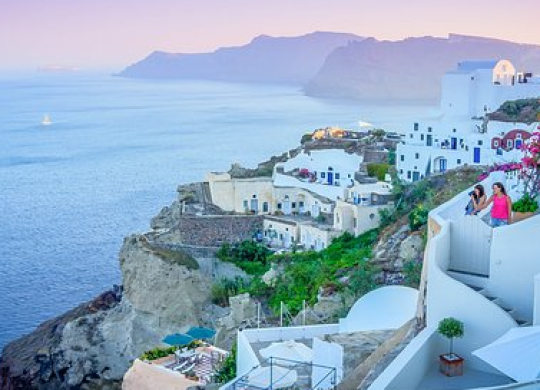
Greece Travel Guide 2025: Entry Requirements, Customs Rules, When to Go & What to See
Planning a trip to Greece in 2025? Find out all about current entry regulations, customs requirements, the best time to visit, key tourist destinations and tips for a safe and comfortable journey. An updated guide for tourists from all over the world
04 Jul. 2025
More details2 min
Travels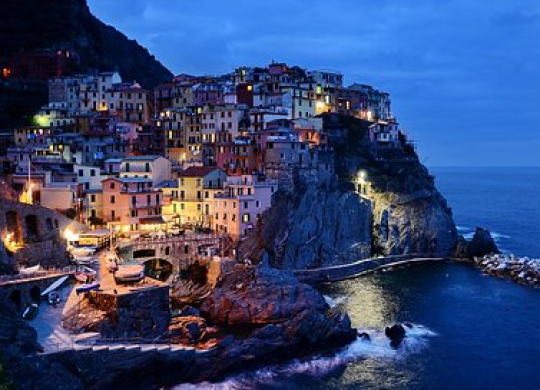
Top 20 colorful places in Italy that travelers should definitely visit in 2025
Discover 20 of Italy's most colorful destinations - from Cinque Terre and Amalfi to Sicily and Sardinia. Unique cities, beaches, gastronomy, culture and unforgettable landscapes - ideas for traveling to Italy in 2025
15 Jun. 2025
More details4 min
Travels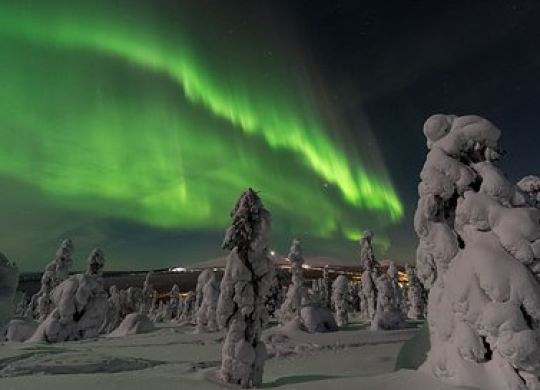
All materials and articles are owned by VisitWorld.Today and are protected by international intellectual property regulations. When using materials, approval from VisitWorld.Today is required.